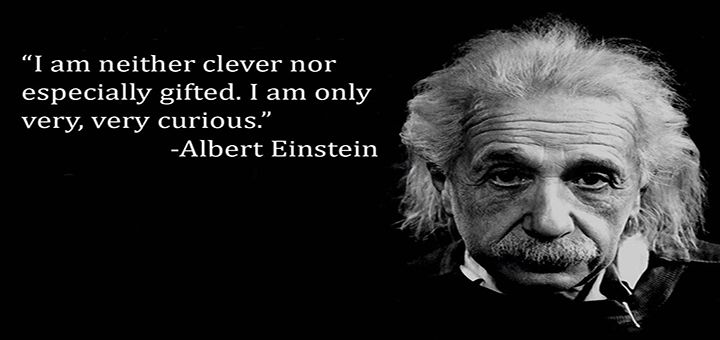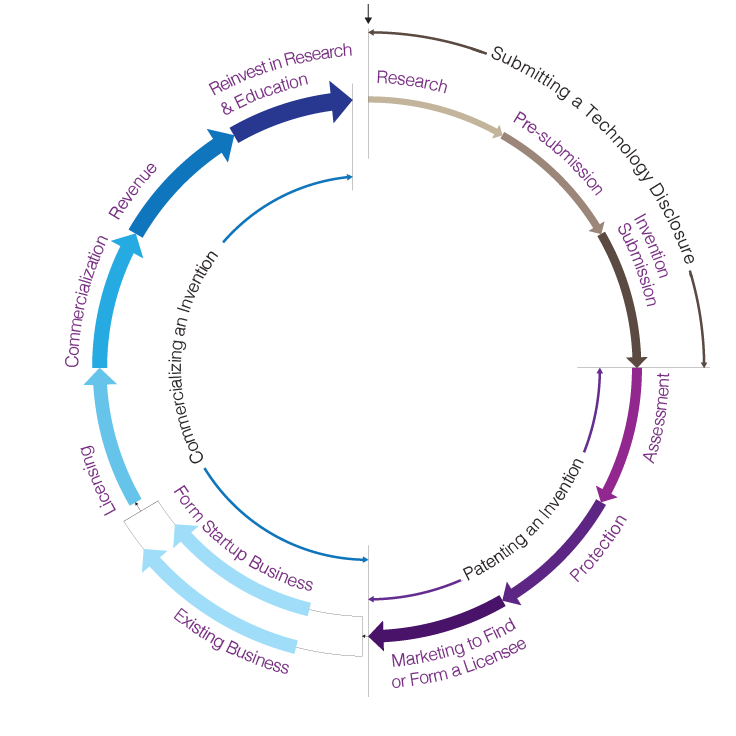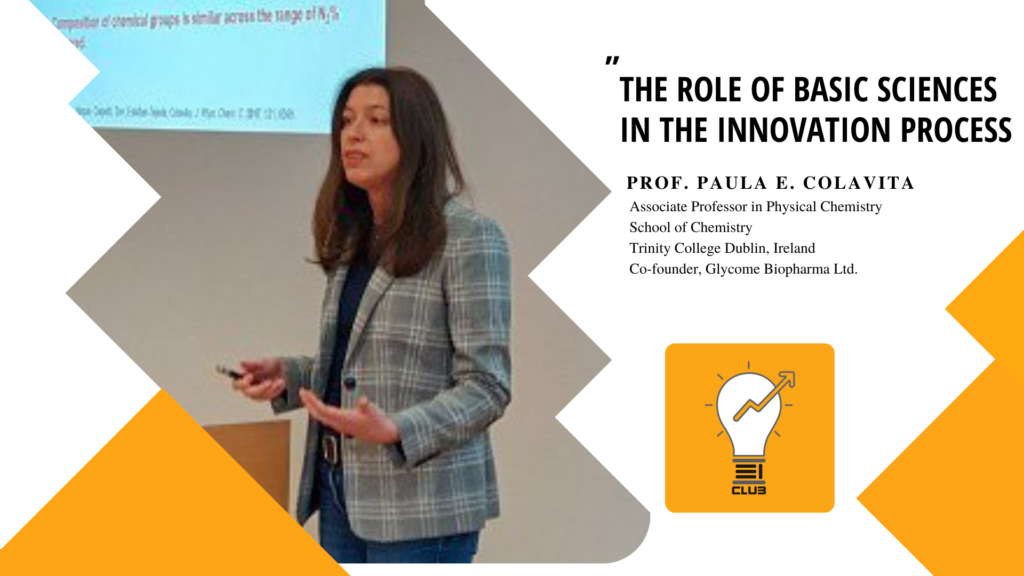The Answer to the Question
By Amrah Izadeen
What is the role of basic sciences in the innovation process?
This question was the theme of the webinar held on the 11th of June 2021 with the collaboration of the Entrepreneurship and Innovation club of the University of Colombo and the General Research Committee of SLAAS.
It was an insightful and inspiring session thanks to the key speaker, Professor Paula E. Colavita. Professor Paula is an associate professor of Physical Chemistry at the Trinity College Dublin in Ireland. She is also the co-founder of Glycome Biopharma Ltd which specializes in glycotechnology. Professor Paula is a product of many distinctive cultures since Argentina is her birthplace while Italy, the USA, and Ireland are the countries where she has gathered and shared knowledge.
All the participants were of diverse fields and professions. Undergraduates made up the majority of the audience while graduates with Masters degrees and doctorates took 2nd and 3rd place respectively. Collectively we had an inquisitive audience who certainly left the webinar with a wealth of knowledge.
I had the honor of being a part of the audience and these are a few of the lessons I learned from Professor Paula.
The cycle of innovation
Education, research, innovation, and industry go hand in hand. The experience and expertise of graduates are invaluable for the first stage in the innovation process, which is the research.
Your idea should be novel, creative, systematic, reproducible, and applicable. Only then would it be considered as an idea worth developing. Therefore for innovation to occur, research is a necessity. Basic research gathers the knowledge. Applied research expands the knowledge towards a specific, practical objective. Experimental development draws on the knowledge gained from research and practical experience to produce additional information used to produce new products.
Curiosity did not kill the cat
As undergraduates, you and I are in the first stage of the cycle. Now is the time for us to ask questions and find the answers. Whoever came up with the phrase “ curiosity killed the cat” was not a scientist because curiosity is an essential trait in a good scientist, but we cannot just wonder why. Because while science needs and uses curiosity, curiosity does not make science.
Asking questions and doing basic research can lead to applications you would not have previously imagined. As you keep working on your product, fundamental questions that you would not have previously imagined could rise, leading to the expansion in knowledge.

Survival of the fittest
There are many qualities that we have to develop to succeed in the innovation process, such as the ability to solve big problems, to survive risky situations, and to create with limited resources.
Learning by imitation is an excellent way of learning how to survive the innovation process. The innovation process is a lot of work, but the correct people can show you that it is okay to fail, but you should not give up. Also, role models are part of an extensive team. The importance of partnership in the innovation process was another valuable lesson I learned to succeed in the innovation process.
There are undergraduates from a plethora of faculties following various disciplines, and it is imperative that your team not only includes those who have learned basic sciences but also those who have studied business management or marketing because their input is essential to carry your idea forward to the public.
In the spotlight

You have an idea for great innovation. What is the next step? It is the transfer of technology.
The ability to attract possible investors to your idea is an attractive trait for you to succeed as an inventor and an entrepreneur. There are many other aspects of the process which should be highlighted, such as the possible competitors, the market audience, the risks and challenges, and the milestones you hope to take in the process of product development.
Basic science is the seed you plant for your tree to grow. Therefore, basic science plays a major role in the innovation process. And with the words of the American politician Tim Bishop I hope to reinforce the importance and value of basic sciences in the innovation process.
In this time of budget cuts, we cannot forget that basic science is the building block for scientific innovation and economic growth in the information age.
-Tim Bishop
Image credits :
Featured image : https://digitalpress.fra1.cdn.digitaloceanspaces.com/zcqwuv4/2021/06/191386881_235720121692286_4726617972595542691_n.jpg
Image 3 : https://i.pinimg.com/originals/06/3a/fc/063afc753b638f187909c359a0c1e452.jpg
Image 4 : https://tlo.mit.edu/sites/default/files/images/inf_lg_base.png
Article Credits To Our Blogger: Amrah Izadeen (Faculty Of Science | 1st Year Student)


